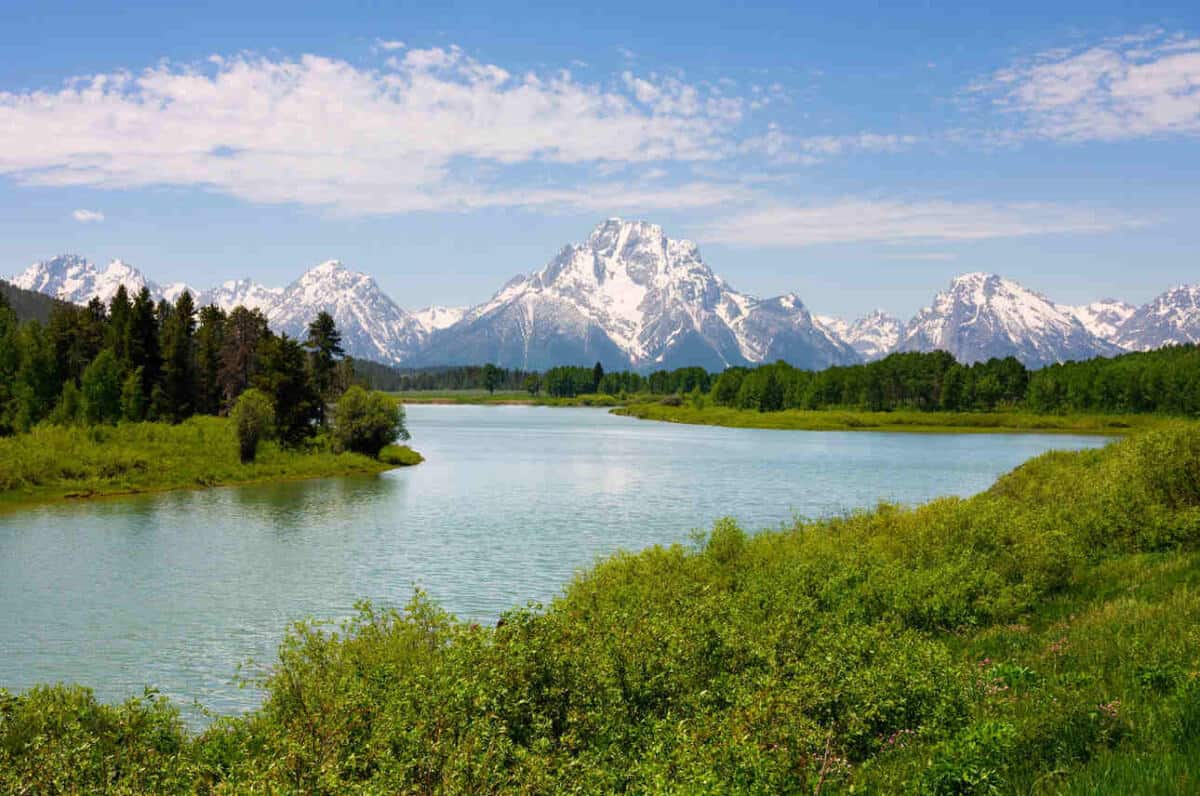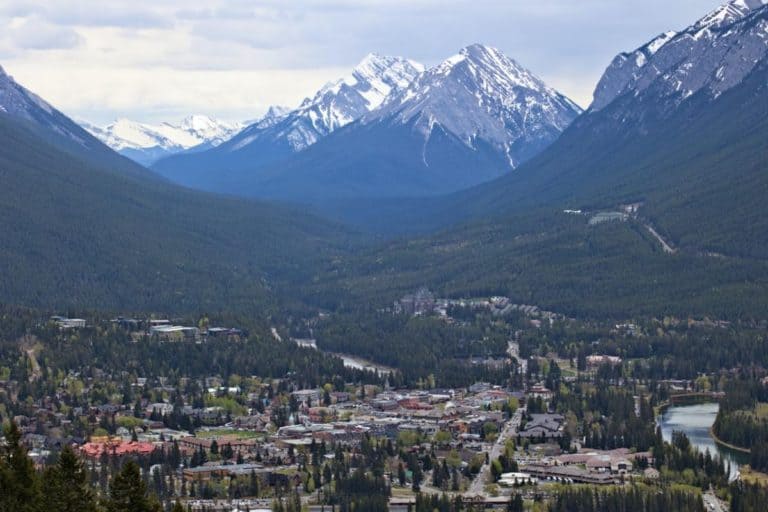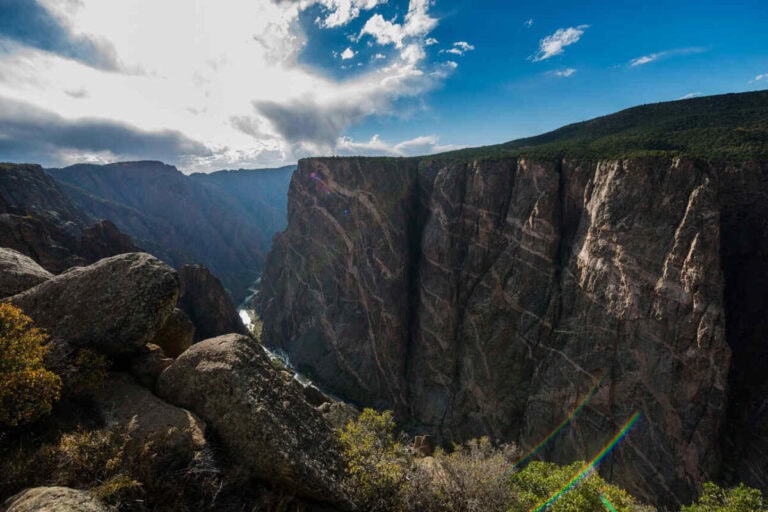Plastic Particles Found in Grand Teton Lakes Shock Student Researchers

High school students from California have found tiny plastic pieces in two lakes at Grand Teton National Park. This discovery shows how far plastic pollution has spread, even reaching remote natural areas.
The students collected water samples from eight different lakes in the park. They used special equipment to test the water back in California and discovered plastic particles in two lakes.
These findings are part of a growing concern about microplastics, as the Jackson Hole News&Guide writes in their recent report.
“I don’t think you could sample anything and not find plastics anymore”, said Janine Brahney, a scientist from Utah State University who studies how chemicals move through the environment.
Tiny plastic pieces
Experts believe these tiny plastic pieces can travel to faraway places through wind and rain. Ski areas might also be adding to this problem.
The National Park Service doesn’t regularly check for microplastics in water. This makes research by independent groups, like these students, very important.
Brahney has done extensive research on this issue. In 2020, she found between 1,000 and 4,000 tons of plastic in 12 wilderness areas and national parks in western United States. This is equal to 100-400 million water bottles.
Cried three times
The emotional impact of her findings is clear when she says: “I’ll be honest with you, I gave a talk recently and I cried three times.”
These microplastics are dangerous for both the environment and human health. When plastic breaks down into tiny pieces, it gets into our food, water, and air. Inside our bodies, these particles can damage cells and affect our immune systems.
Some efforts are being made to solve this problem. Researchers are creating new filters for drinking water and systems to catch plastic fibers from laundry before they reach rivers and lakes.
Individuals can help by properly recycling plastic products and using less plastic in their daily lives.






